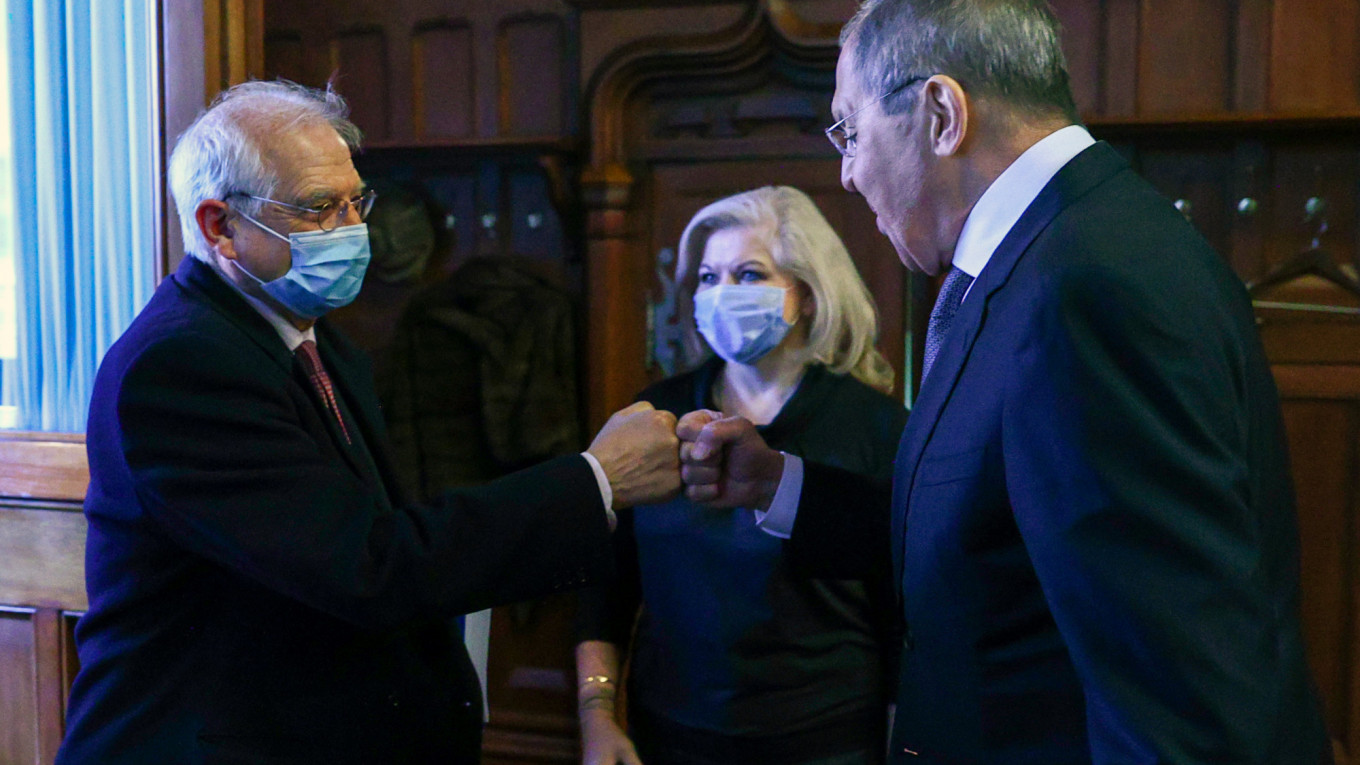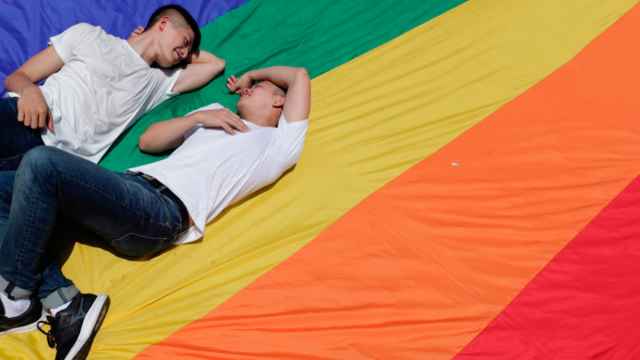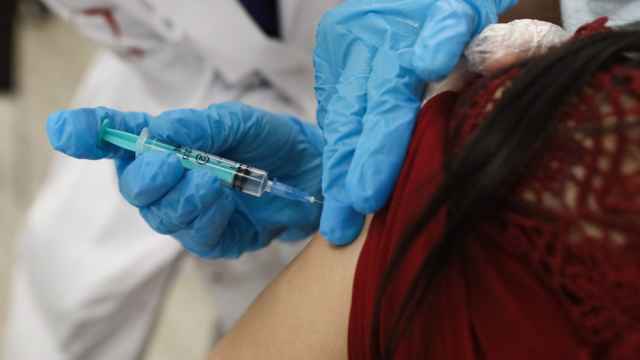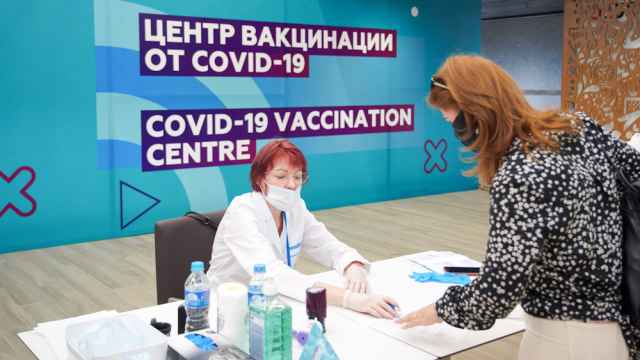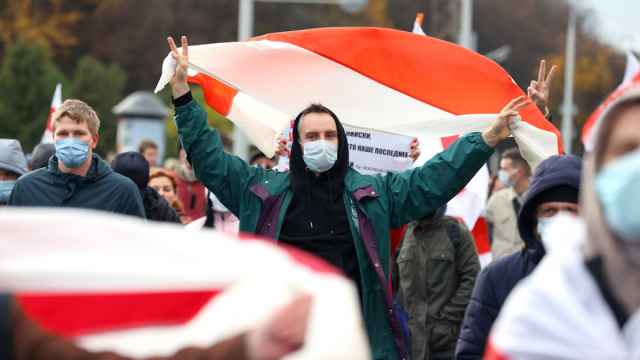Germany, Sweden and Poland on Monday said they were each expelling a Russian diplomat, in retaliation for Moscow's expulsion last week of their diplomats for allegedly taking part in protests in support of Kremlin critic Alexei Navalny.
The three EU countries announced the tit-for-tat moves in coordinated statements, which come against a backdrop of mounting tensions with Russia.
"Today the Federal Foreign Office has declared a staff member of the Russian Embassy in Berlin persona non grata," the German foreign ministry said.
Moscow's decision to expel the Swedish, Polish and German diplomats "was in no way justified," it added.
Swedish Foreign Minister Ann Linde said Stockholm had "informed the Russian ambassador that a person from the Russian embassy is asked to leave Sweden."
"This is a clear response to the unacceptable decision to expel a Swedish diplomat who was only performing his duties," she wrote on Twitter.
The Polish Foreign Ministry likewise condemned the "groundless expulsion" of a Polish diplomat in Saint Petersburg and said it had declared "persona non grata" a Russian consular official in Poznan, western Poland.
Russia had Friday announced the shock expulsion of the three EU diplomats during a rare meeting in Moscow between EU foreign policy chief Josep Borrell and Russian Foreign Minister Sergei Lavrov.
Moscow accused the diplomats of attending "illegal protests" last month.
Ties between Moscow and the EU have worsened over Navalny's arrest and jailing in recent weeks, which have sparked nationwide opposition protests.
Navalny was arrested upon returning to Moscow on January 17 after spending several months in Germany recovering from a poisoning attack the West believes was ordered by the Kremlin.
The EU's Borrell is expected to meet with foreign ministers from the 27 EU states on February 22 to discuss fresh sanctions against Moscow that would require an unanimous vote among the EU members.
A Message from The Moscow Times:
Dear readers,
We are facing unprecedented challenges. Russia's Prosecutor General's Office has designated The Moscow Times as an "undesirable" organization, criminalizing our work and putting our staff at risk of prosecution. This follows our earlier unjust labeling as a "foreign agent."
These actions are direct attempts to silence independent journalism in Russia. The authorities claim our work "discredits the decisions of the Russian leadership." We see things differently: we strive to provide accurate, unbiased reporting on Russia.
We, the journalists of The Moscow Times, refuse to be silenced. But to continue our work, we need your help.
Your support, no matter how small, makes a world of difference. If you can, please support us monthly starting from just $2. It's quick to set up, and every contribution makes a significant impact.
By supporting The Moscow Times, you're defending open, independent journalism in the face of repression. Thank you for standing with us.
Remind me later.


